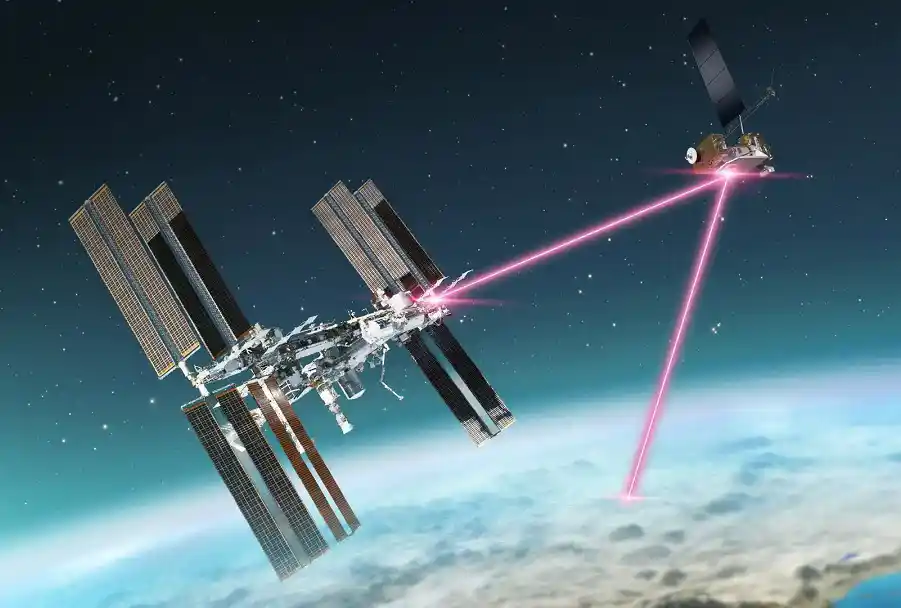Introduction: Humanity’s Quest Beyond Earth
Exploring the cosmos has been a dream ingrained in the human psyche for centuries. In recent years, this dream has transformed into reality as we embark on a new era of space exploration. With ambitious missions, cutting-edge technology, and international collaboration, humanity is poised to pioneer the final frontier.
1. The Commercial Space’s Race
a. Private Sector Pioneers
A significant shift in space’s exploration is the active participation of private companies. SpaceX, Blue Origin, and Virgin Galactic, among others, have made remarkable strides, reshaping how we access and interact with spaces.
b. Reducing Launch Costs
Private enterprises are driving innovation and reducing the cost of space travel, making it more accessible for scientific research, commercial ventures, and even tourism.
2. Lunar Return and Beyond
a. Artemis Program
NASA’s Artemis program aims to return astronauts to the Moon, with plans to establish a sustainable human presence there by the mid-2020s. This lunar endeavour is seen as a stepping stone for future Mars missions.
b. Mars Exploration
Mars continues to captivate our imagination. NASA’s Perseverance rover, along with missions from other countries, is exploring the Martian surface. Long-term plans include crewed missions to the Red Planet.
3. International Collaboration
a. The International Space Station (ISS)
The ISS serves as a symbol of international cooperation. It’s a platform where astronauts from various nations live and work together in the pursuit of scientific discovery. Its success has paved the way for more extensive international collaboration in space’s exploration.
b. Lunar Gateway
The Lunar Gateway, a proposed space’s station orbiting the Moon, is another example of global collaboration. It will serve as a hub for lunar exploration, welcoming astronauts from different nations.
4. Space Telescopes and Cosmic Discoveries
a. Hubble Space Telescope
The Hubble Space Telescope has revolutionised our understanding of the cosmos. It continues to provide breathtaking images and invaluable data, including insights into dark matter, exoplanets, and the early universe.
b. Upcoming Telescopes
The James Webb Spaces Telescope, set to launch soon, promises to push the boundaries of astronomical observation, enabling us to peer deeper into the universe’s past.
5. Space Tourism and the Everyday Astronaut
a. Suborbital Flights
Companies like Virgin Galactic and Blue Origin are working towards making suborbital space tourism a reality. This could mean that everyday people have the opportunity to experience space travel in their lifetime.
b. Citizen Scientists in Space
Advancements in technology have enabled citizen scientists to participate in space research. Crowd sourced projects and initiatives like Planet Hunters have led to groundbreaking discoveries.
6. Space Debris and Sustainability
a. Orbital Congestion
The increase in space activities has also led to concerns about orbital congestion and space’s debris. Sustainable practices, such as debris removal missions and responsible satellite deployments, are crucial.
b. Space Resource Utilisation
The concept of mining asteroids for valuable resources, such as water and rare metals, is gaining traction. These resources could support future long-duration space’s missions.
7. The Search for Extraterrestrial Life
a. The Hunt for Bio signatures
Missions to moons like Europa and Enchiladas are focused on searching for bio signatures and signs of subsurface oceans, raising the possibility of discovering extraterrestrial life.
b. The SETI Initiative
The Search for Extraterrestrial Intelligence (SETI) continues its quest to detect signals or signs of intelligent life beyond Earth. Advancements in technology have expanded our capabilities in this search.
The Frontier Awaits
We are indeed on the cusp of a new era of space’s exploration, where the boundaries of what’s possible are continually expanding. Private industry, international collaboration, and cutting-edge technology are driving us toward a future where space travel is not just the domain of astronauts but accessible to all. As we embark on these journeys, we not only expand our scientific knowledge but also redefine what it means to be human in the cosmos. The final frontier awaits, and the possibilities are endless.

